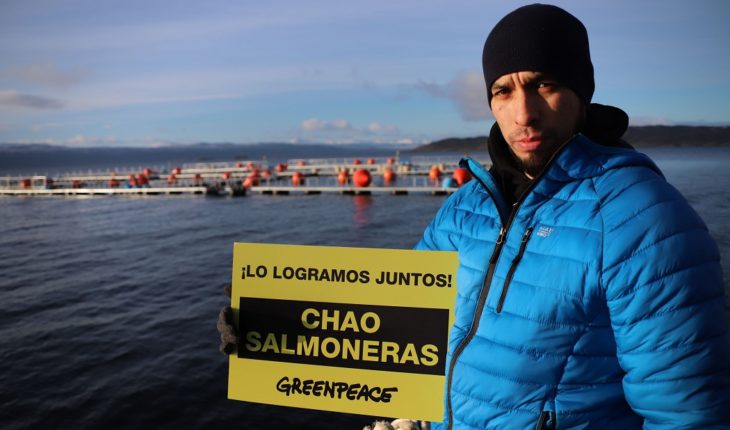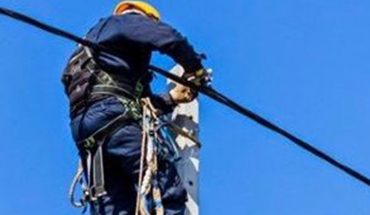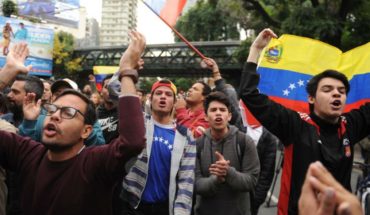On World Environment Day, the Ambien organization Talista Greenpeace unveiled key environmental measures to alleviate the environmental scenario currently living our country related to three topics: decarbonization, plastics and salmon.
With regard to President Sebastián Piñera’s announcement that he launched the “Decarbonization Plan” as an initiative whose goal is to completely eradicate the use of the mineral by 20 more years, the director of Greenpeace, Matías Asún, explained that “it is not possible that 40% of the Ectricidad in Chile is burning coal. This is more typical of an economy of the time of the Industrial revolution and not of a country that possesses all the potentialities to base its energy generation on clean and renewable energies. It is possible to use non-conventional renewable energies for the electricity grid in our country. That is why it is relevant and perfectly feasible to put an end to coal in 2030 and not in 20 more years. ” In addition, the environmental organization emphasized the problem of plastics in our country, where, according to the report of the Chilean Plastics Association, only 8% of this material is recycled. Globally, the World Economic Forum estimates that there are about 150 million tons of plastic in the world’s seas. A study published in Science in 2015 suggested that between five and 13 million tons more are dumped into the sea each year. That is why it is essential for the Organization to reduce consumption.
“In Chile it is not enough to separate the garbage into different cubes and to throw the containers in the yellow. We have to reduce consumption. 92% of plastics today nobody does anything and nobody knows where they end up. The proposal is to remove single-use plastics that are intended to ‘ use and dump ‘ such as glasses, plates, bulbs, cutlery, which are few minutes in the hands of consumers and then discarded. We are moving forward with plastic bags, it is perfectly feasible for Chile’s communes to carry out municipal ordinances aimed at eliminating these plastics, “explained Asún,
In Chile, only in the metropolitan region there are more than 70 illegal landfills with high presence of plastic, and about one fifth of these landfills are in riverbanks that then flow into the sea.
Salmon
The NGO also recalled the environmental events of the salmon industry. The first public episode came to light in 2007 when the overpopulation of salmon in the hatcheries caused the outbreak of the ISA virus. The fact triggered the worst health crisis in the history of the national industry. Then, in less than a decade, in 2016, nine thousand tons of dead salmon were poured into the sea of Chiloé causing the slaughter of fish and marine fauna and producing a deep social and economic crisis. Two years later, in 2018, about 700,000 salmon escaped from the breeding cages without any explanation.
On this chain of events in the salmon industry, Asún emphasizes that “unfortunately, different governments have acted in practice as if they were partners of the salmon, allowing a real invasion in the southern seas of the country, those that have been Severely damaged by the effects of an industry that irreversibly affects the ecosystems where they are installed. There can be no salmon in the south, we must follow the example of the Beagle, where the opposition of the citizens and the community Yagan has allowed to raise a voice of alert that, at last, seems to have made the state, through the Under-Secretary of Fisheries , react and enforce the law. It is what they should have done a long time ago and what they should do throughout the south of our country. ”
translated from Spanish: Environmental day: “Eliminate thermoelectrics in 2030, reduce the plastic and stop the salmon are key for the country”
June 5, 2019 |





